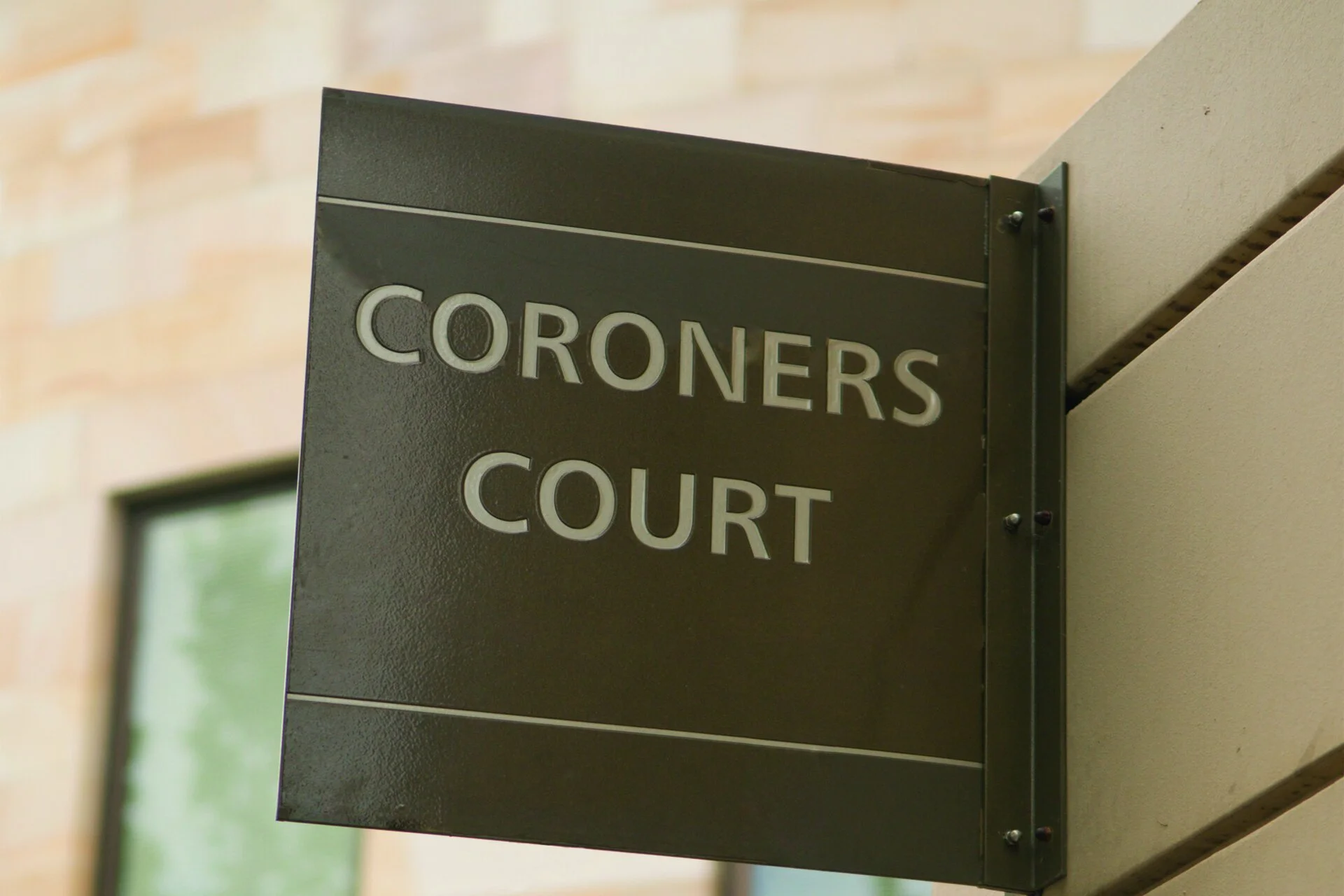1. An inquest takes place when the cause of death is unknown, the person might have died a violent or unnatural death, in prison or police custody or it is suspected they took their own life. It's a formal investigation to find out who the person was and how, when and where they died and to provide the details needed for their death to be registered.
2. Inquests vary depending on the circumstances; they can be simple and take a matter of minutes, or if the circumstances were complex and involved state institutions and services, they can last weeks or months and involve juries. For a grieving family, an inquest can be a daunting prospect.
3. Inquests are supposed to take place within 6 months. Most do, but many don't, especially in a time of Covid. I am still waiting for the inquest into my mother's death 21 months later. It likely won't take place now until 2022. The wait is a heavy one. A large part of my family's grieving is on hold whilst we deal with lawyers, witness statements, and expert reports to make sure the full facts of my mother's death are considered.
4. Engaging with an inquest takes a lot of time, resources and energy in a context of a traumatic bereavement. Many families are understandably unable to engage with this process. For those that do, the toll is huge and can mean reliving trauma in minute detail over months and years.
5. I believe many mistakes were made, both individual and systemic, which led to my mother's death. Whilst these cannot be changed for my mum and my family, they can be discussed, explored, held up to the light, brought out into the open. I take a lot of strength from my hope that going through this process and documenting it may lead to change and help others.
6. In my experience the process can be very matter-of-fact and lacking empathy. Communication with the coroner is key - you have the right to ask that the process is made as comfortable as possible for you, if you decide to attend. You may ask questions of witnesses yourself, ask the coroner to ask them for you or engage lawyers to represent you. I was able to secure legal aid for representation but this is very rare due to cuts and may not cover the full costs. On the other hand, the police, NHS and other state institutions pay for barristers from the public purse.
7. I have taken great comfort and advice from others I have met on social media who have been through this process, and from the charity INQUEST. The knowledge that others have shared so generously, and the efforts of campaigners to bring transparency to inquests have helped me continue to wait for my mum's inquest in the knowledge that I will be as prepared as possible when the time comes.


